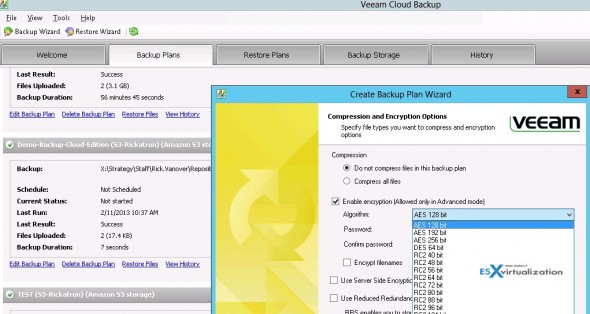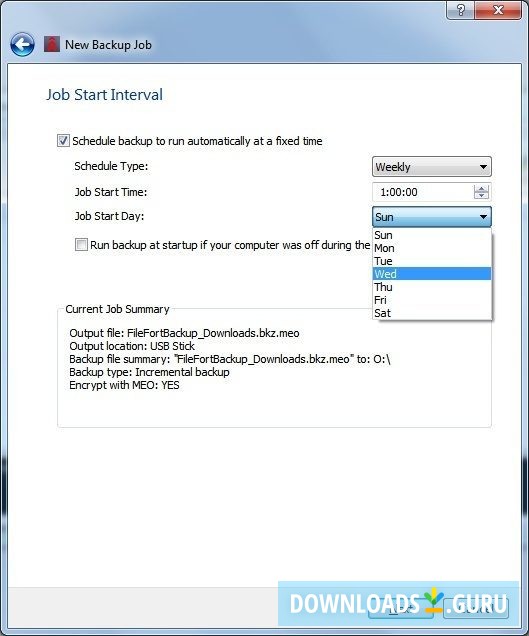

Online backup allows you to recover your files and system from any device. Local backup only allows you to recover your device to an earlier state, providing the device itself still functions. Some of the key benefits of cloud backup services, in comparison to local backup, include: While it’s also possible to back up your files locally, for example using an external hard drive, there are far more advantages to backing up via the cloud. Local vs online system backup: Which is best?

Filefort backup cloud backup install#

Easy sharing of files – simply share a link, with no need to send copies or attachments.Security – files stored across multiple servers with backups.Usability and accessibility – it ‘just works’ and feels similar to using your local storage.This makes collaboration and providing feedback on files easy, by streamlining everything in one place. It also means that you can grant others access to your files, without needing to send them a copy. Accessing your documents is simply a case of logging in to your cloud storage platform. This means that you can instantly recover this snapshot in the event that files are lost or become unretrievable.Ĭloud storage is similar to the storage on your hard drive, only the files are stored online and can be accessed via the internet.Ĭloud storage lets you access your files from anywhere and any internet-connected device. Your documents are live and hosted online, making it easy to collaborate with others in real time.Ĭloud backup, on the other hand, creates a secure snapshot of your files and data. The difference between these technologies comes down to their primary purpose.Ĭloud storage helps to make files accessible from any device or location. So, before we go any further, let’s clarify the real difference between two of the most-commonly confused terms: cloud storage and cloud backup.Ĭloud storage vs cloud backup: What’s the difference? In this introductory guide, we’ll explain the difference between all three so that you can spend less time worrying about file management, and more time focusing on growing your business. The terms cloud storage, cloud sync and cloud backup have become increasingly common over recent years.įor solopreneurs and small business owners, not knowing what each of these services does – or why they’re necessary – could cost you when you realise you need them most.


 0 kommentar(er)
0 kommentar(er)
